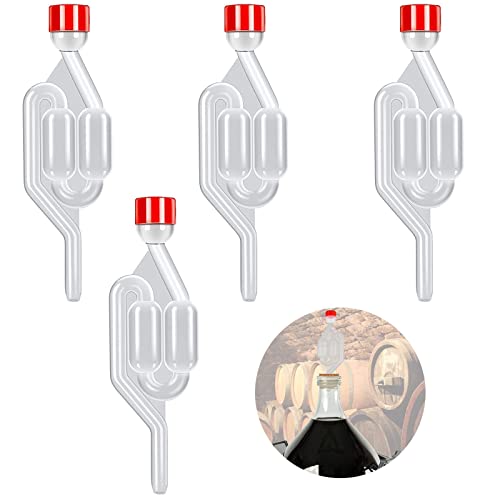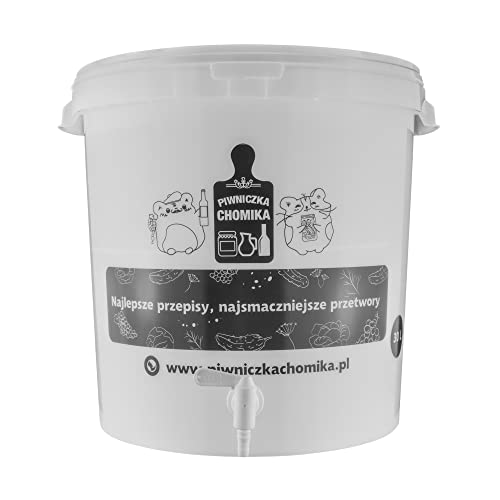I have been thinking about this minefield for days and it appears to me that the simplest approach is to attempt to get our Mash to the correct PH all other things considered. How this is done is entirely dependent upon our water profile. I noticed that the Old calculator advocates adding two salts to the mash, chalk and gypsum, the brewers friend one advocates adding chalk and some kind of acid (lactic, citric) does it really matter which one we choose? I don't think so because they will both achieve the same.
The confusing part for me is that we have four different sources all advocating different things.
1. Graham Wheeler saying that nothing but Calcium carbonate (chalk) should be added to the Mash
2. The Old HBF calculator which advocates adding both carbonates (chalk) and sulphates (gypsum) to the Mash
3. The Brewersfiend which lets you add anything but advocates reducing PH with an acid.
4. The suppliers of chemicals like brupaks which suggest adding your salts directly to the Mash.
What is a poor noob to do? Personally I like the simplicity of the Old HBF calculator and i understand it much better than the others, it makes sense to use sulphate and carbonates together in the Mash to regulate the PH but I am suspicious of its other values.
The Brewersfiend ones are good and make sense but the simple one is too simplistic and the complicated one too complicated, even now I am not sure if some of the values rendered are based on total volume or volume for Mash and kettle separately. Plus it takes ages to try to make all the values balance.
I need more experimentation with the GW one and even here I am unsure if the values are based on total volume or Mash only. It seems rather unsatisfactory if its well known by brewers that certain salts are used exclusively for the mash and others for the sparge and kettle not to make the distinction in the software.
Perhaps there are even others that strike a balance like Beersmith or something like that, I dunno.
Now we could simply ignore this and make beer they way we have always made giving water profiles and mash PH absolutely no consideration or we could try to get a handle on it in the hope that it will impart some quality in our beers that may have been lacking, I dunno. At present I think some experimentation is needed with the software and to compare values.
I like the idea of reducing the PH of our water prior to mashing seems the simplest approach but of course PH is temperature dependent and this will change when we heat our water to mash temperature, by how much I don't know, but it would at least let us measure our PH prior to mashing helping us remain in the zone because I don't think that grains change the PH that much, not so much as it would knock us completely out the zone. Also any carbonate would be boiled out during the boil, would it not? Any thoughts would be appreciated - regards MSK




























![BREWING THERMOMETER STICKERS ACCURATELY MONITOR FERMENTING BEER & WINE LIQUID TEMPERATURES 5PCS HOME BREW SPIRITS WINE LCD ADHESIVE [US]](https://m.media-amazon.com/images/I/311DDjo2X3L._SL500_.jpg)











